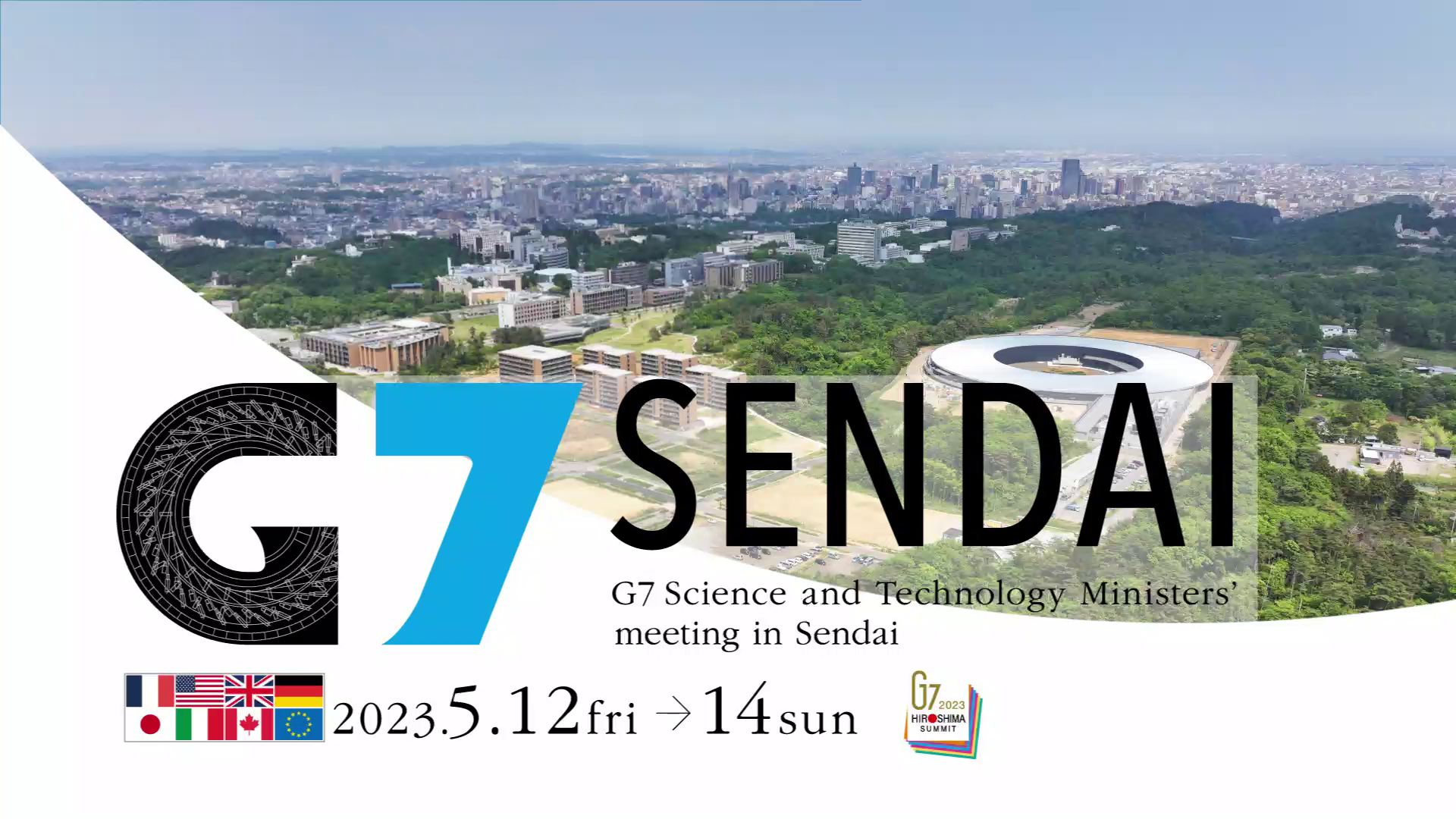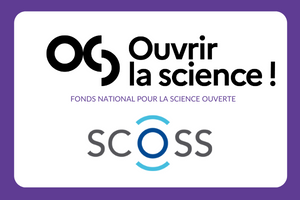G7 Science and Technology Ministers commit to open science
The G7 supports open science and identifies three priorities: open science infrastructures, research evaluation reform, and research on research to develop open science policies based on research results.
The G7 Science and Technology Ministers met from 12 to 14 May 2023 in Sendai, Japan. Their joint declaration gives Open Science a prominent place, alongside issues of academic freedom and inclusiveness, protection of research activity and scientific integrity, and international cooperation.
The press release issued at the end of the meeting states that :
“The G7 will collaborate in expanding open science with equitable dissemination of scientific knowledge and publicly funded research outputs including research data and scholarly publications in line with the Findable, Accessible, Interoperable, and Reusable (FAIR) principles.”
“To this end, we support the efforts of the G7 Open Science Working Group in promoting the interoperability and sustainability of infrastructure for research outputs, supporting research assessment approaches that incentivize and reward open science practices, and encouraging “research on research”, aimed at helping to shape a more effective evidence-based research policy.”
To achieve these goals the G7 Open Science Working Group has made recommendations on :
1) interoperability and sustainability of infrastructure
The recommendations are as follows:
a) Promote international cooperation on open science infrastructures, building on existing cooperative efforts and exploring new opportunities within the G7 and beyond;
b) Define and adopt common principles and practices for open science infrastructures to improve interoperability and promote data accessibility while respecting security and privacy requirements.
2) Research assessment
The recommendations are as follows:
a) Transform the research evaluation system to encourage open science, valuing a greater diversity of types of research results, activities and practices and more diverse career paths.
b) Promote stakeholder engagement across the research system to accelerate the research assessment process;
c) Promote global collaboration and mutual learning to foster coherent practice;
d) raise awareness and provide leadership to promote open science practices;
e) develop open and transparent scientific indicators that could be used for research evaluation;
f) provide the necessary infrastructure and support for open science practice to support research assessment;
g) provide training to enable researchers to practice open science and support the development and responsible use of indicators.
3) Research on research and open science
The recommendations are as follows:
a) deepen open science research at the international level, and strengthen coordination and knowledge sharing;
b) use research on research to inspire a framework fro open science monitoring ;
c) develop a ʻstate of knowledgeʼ on research on research, to inform policy and decision-making, by coordinating existing research and stimulating new research. These actions could be coordinated through an international research initiative on research.
The G7 Open Science Working Group will continue its work in the future to further coordinate and develop open science policies in member countries.
G7 Science and Technology Ministers’ Communique
G7 Science and Technology Ministers’ Communique (English translation)
Annex 1: G7 Open Science Working Group (OSWG)
The Ministry of Higher Education and Research press release (in French)





